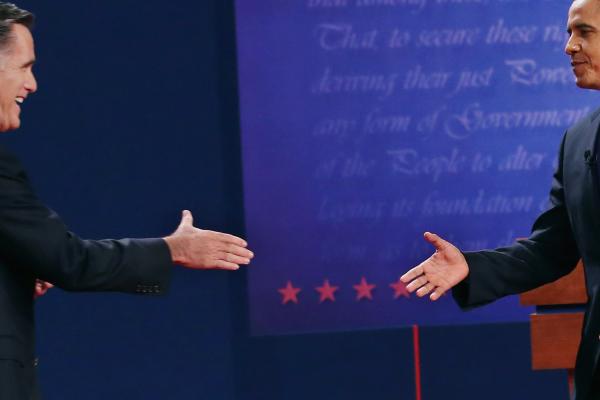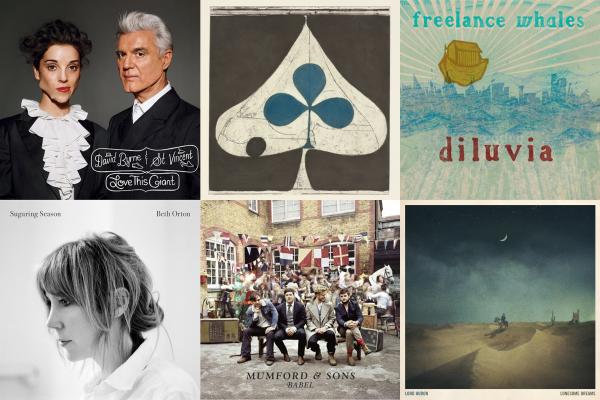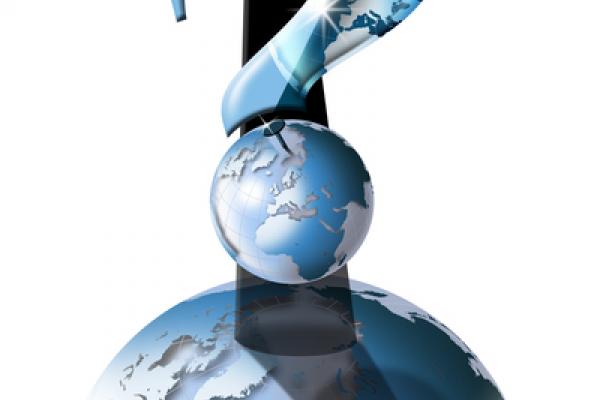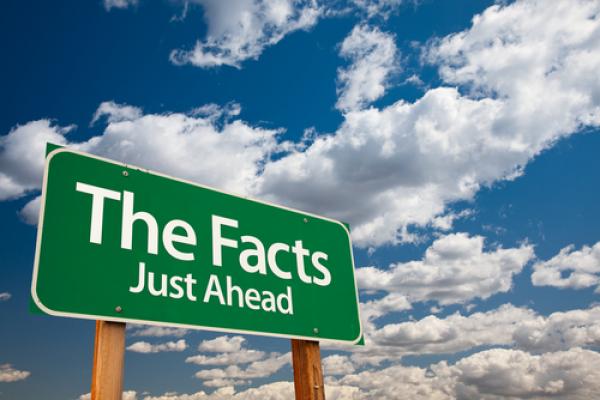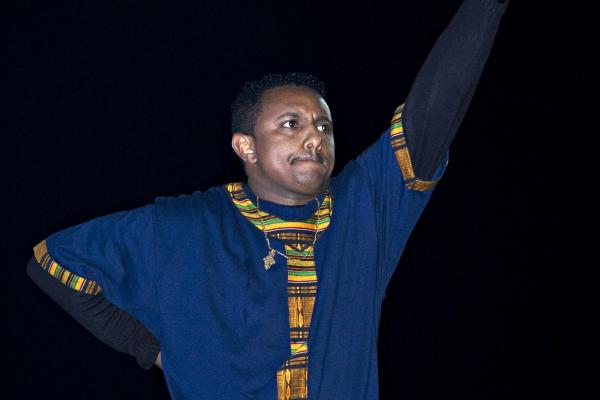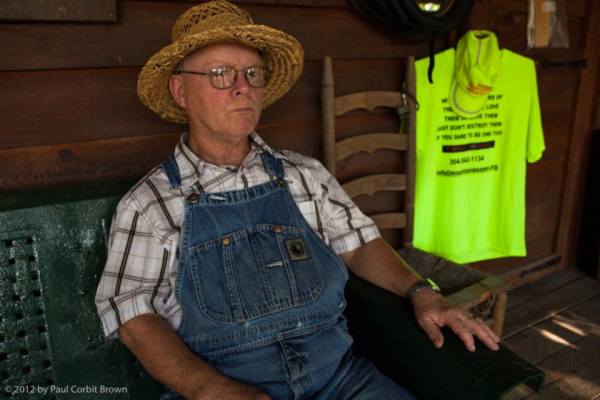It’s always annoyed me when people assume that, because I’m a Christian, I must also be socially conservative on all requisite issues. And while I understand those who lean further right because of their Christian beliefs, I take issue with those who suggest that being both a follower of Christ and a social progressive are mutually exclusive.
In fact, most of my positions on social issues can be traced back to my faith, which goes to show that the spectrum of beliefs taken from any given faith, as well as the many ways in which those beliefs are applied, is wide and arguably still growing as we continue to become increasingly pluralistic and intertwined.
Depending on your perspective, it could be argued that the landscape of presidential candidates either reflects such religious diversity, or that it’s still more of the same old majority rule at play, with a few minor cosmetic adjustments. For some, the fact that a Mormon is the Republican nominee is nothing short of astonishing, and what’s more, that the evangelical right is generally finding their way toward alignment with Mitt Romney’s presidential ticket.
It’s also worth noting that last week's vice presidential debate was the first time in history that we’ve had two Catholic VP nominees running against each other. The only fairly typical one in the group (unless you ask the Muslim conspiracy theorists, that is) is Barack Obama who is a member of the mainline protestant Christian denomination, the United Church of Christ.
Just in case you missed it (ICYMI), here's a roundup of new music that should be rocking your Spotify playlists.
Beth Orton: Sugaring Season
In her first release since 2006’s Comfort of Strangers, British singer-songwriter Beth Orton created a beautiful record leaning more toward the folk of her signature “folktronica” sound. Orton opts for stripped down, simplified arrangements, drawing mostly on acoustic guitars, strings, and her soft voice to propel each song. The music moves from the melancholy rich guitar sound of Nick Drake incorporating Simon and Garfunkel melodies to more upbeat, lighthearted tunes. The album, recorded in Portland, Ore., is a perfect companion for a drive through countryside of the Pacific Northwest.
Highlights: “Magpie,” “Call me the Breeze,” “Mystery”
Lord Huron: Lonesome Dreams
The brainchild of singer-songwriter Ben Schneider, the music on Lord Huron’s first LP Lonesome Dreams is surprisingly reflective of its album art. (A designer friend of mine once advised me to take any direction I wanted when designing an album cover because they “usually don’t have to make any sense.”) On the grainy cover is a painting of a lone horse rider under the night sky of the desert. Much like the openness of the desert, the songs are expansive and feel like they have depth. The ethereal expanses laden with reverb, sitar, and moon chimes lend themselves well to the picture of the desert sky. Lonesome Dreams feels both antique and refreshingly new. Its themes are large — love, loneliness, and that itch to explore— but it doesn’t at all feel preachy or overzealous.
Highlights: “Ends of the Earth,” “Time to Run,” “She Lit a Fire”
Except for presidential candidates and some parts of the Bible Belt, the days when church membership was necessary for social acceptance are long gone. Many Americans view religion as suspect or superfluous or both.
In fact, the latest data from the Pew Forum on Religion & Public Life say that a record-high one in five Americans -- and one in three adults under age 30 -- are religiously unaffiliated.
So why did all 1,500 seats sell out for a debate I moderated a few months ago entitled “Has Science Refuted Religion?” at the California Institute of Technology? Why should the brilliant minds of the Caltech community even care, especially since skeptics, rather than true believers, made up the majority of the audience?
As the dean of a theology school, the question is of high interest to me, and I think I know the answer.
On a conference call with people from across the nation who held screenings of The Line, you could hear frustrations mounting from people struggling with the challenge of reducing poverty in America.
How do you engage people in rural areas, asked one woman. Why were Native Americans left out, asked a man from Minnesota. A priest who has worked on housing the homeless for a lifetime expressed the exasperation of someone who has devoted much time and seen little progress.
The battle against poverty is a long slog. That’s why it was good to hear some of the comments of folks gathered last week at Memorial United Church of Christ in Fitchburg, Wis. (just outside Madison) after the opening night showing of The Line.
When we listen to political debates about which public policies will strengthen the economy, it is easy to get lost in a statistical maze. Each side presents economic data in a way that supports their own theory of the case.
The Congressional Research Service (CRS) is a branch of the Library of Congress that can help us make our own assessments regarding public policy. According to the CRS website, its purpose is to provide “authoritative, confidential, objective and nonpartisan” analyses to members of Congress.
The relationship between tax rates and the economy is an issue in the current campaign. Thinking about this issue, the CRS looks at empirical data that may or may not confirm theoretical models or ideological assumptions. Thus, like the early TV detective Joe Friday, they want “just the facts ma’am,” and then they try to reach conclusion from these facts.
God Girl's New Favorite Thing for Oct. 12, 2012:
Ethiopian Pop StarTeddy Afro
ADDIS ABABA — Pretty much everywhere we've gone in Ethiopia this week, we've heard Teddy Afro's voice.
The 36-year-old Ethiopian singer whose given name is Tewodros Kassahun or ቴዎድሮስ ካሳሁን in Amharic, the national language of Ethiopia, is sometimes referred to as the "Michael Jackson of Ethiopia." But, to my ear at least, he's more the equivalent of, say, Ethiopia's Usher (if he were more political, that is.)
Afro's debut album, 2001's Abugida, spawned several hit singles, including "Halie Selassie" (his tribute to the late Emperor of Ethiopia Haile Selassie I), and "Haile, Haile," which honored Ethiopian Olympic runner Haile Gebrselassie.
It’s been said before, but it’s worth saying again. One of the surest ways to reduce poverty is to provide an education for girls. Yet, as AFP reports, a new study shows there is still a long way to go.
“Millions of girls worldwide are condemned to lives of hardship because they don't go to school, an education gap that entrenches broader extreme poverty, a new report said. The report, "Because I am a Girl: The State of the World's Girls 2012," was released in New York by Plan International on the first International Day of the Girl organized by the United Nations.
"The estimated 75 million girls missing from classrooms across the world is a major violation of rights and a huge waste of young potential," the child poverty alleviation group said in launching the report.”
The full 200-page study is HERE.
Larry Gibson, “Keeper of the Mountains,” died Sunday, Sept. 9 at his home on Kayford Mountain, W.V. He was 66. His wife and three adult children survive. Gibson had a fifth grade education, a career as a custodian at an Ohio automobile factory, and retired to the obscure and abandoned place of his birth. Gibson stood 5’2”.
“God chose the weak things of the world to shame the strong” (1 Corinthians 1:27b). From the halls of the nation’s most prestigious universities, through innumerable rallies, protests, and arrests, to the many hundreds of tours he hosted on Kayford, Gibson spoke truth to power with uncompromising integrity, unflagging determination, and heroic courage.
Larry Gibson returned to West Virginia in the 1990s, and to his shock, learned that a new method of coal extraction was literally blasting mountains apart to extract coal while shoving the vast remaining rubble into adjacent valleys burying small streams. Ecosystems were being severely, irrevocably degraded. Scarcely anyone knew about mountaintop removal back then, let alone cared.
